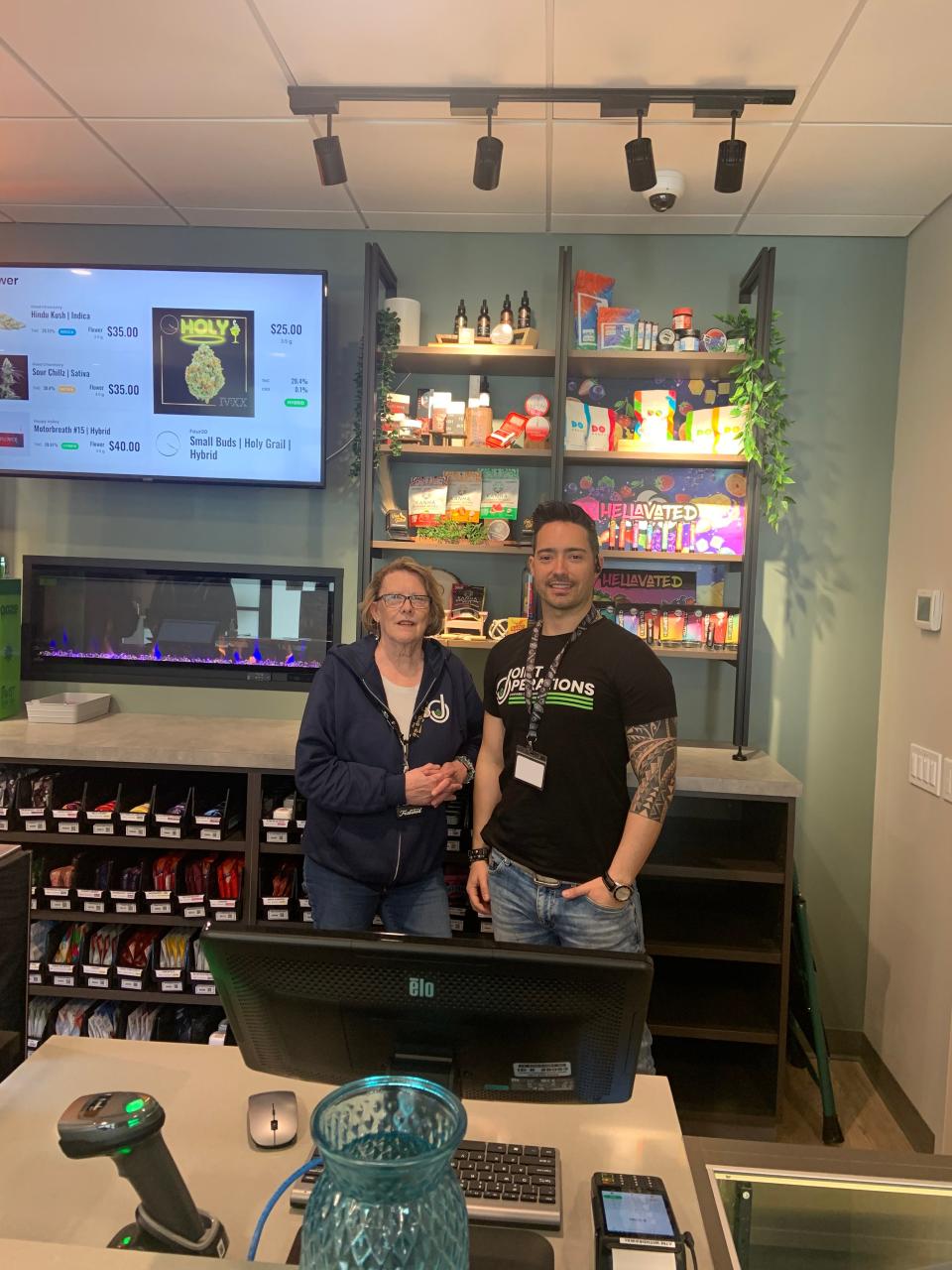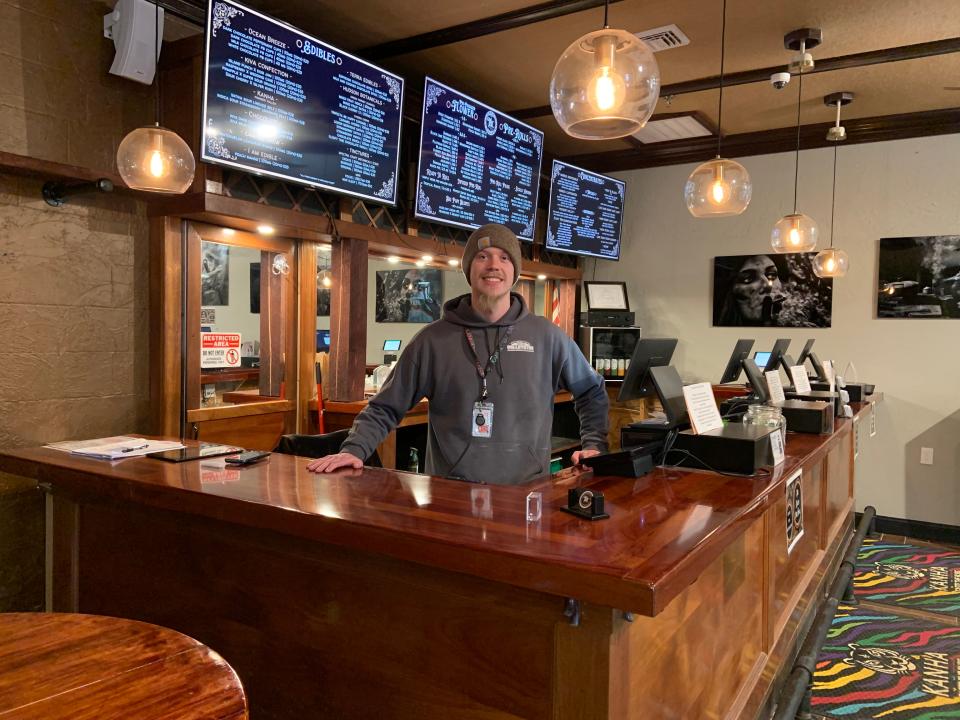More than $2 million in marijuana taxes have been paid in Greater Gardner. Where do they go?
In the eight years since the retail sale of marijuana was legalized in Massachusetts, over 310 dispensaries have opened across the commonwealth, including four dispensaries in the Greater Gardner area.
In addition to providing safe and legal access to marijuana, the dispensaries are providing revenue to the cities and towns where they are located, including over $1 million paid to the city of Gardner since 2019 when the first dispensary opened.
According to the Massachusetts Cannabis Control Commission, the state's gross recreational marijuana sales reached $5.65 billion in 2023. Last year was the sixth consecutive year that gross sales of recreational marijuana hit record-setting growth statewide.
For fiscal years 2019 to 2023, the total sales in Ashby, Athol, Fitchburg, Gardner and Winchendon was $120,449,760. For security purposes, the Cannabis Control Commission does not disclose information that would identify sales figures of individual or small groups of retailers.

Greater Gardner dispensaries
When it opened in 2019, Sanctuary Medicinals was the first recreational and medical marijuana dispensary in Gardner. In January 2022, Bud Barn became the first recreational-only marijuana dispensary in Winchendon and the second dispensary in Greater Gardner.
The following year, Toy Town Health Care dispensary opened, also in Winchendon. Sanctuary continues to be the only medical marijuana dispensary in the area.

Joint Operations, a veteran-owned recreational marijuana dispensary, is the fourth recreational marijuana dispensary in the area. Joint Operations opened April 21.
As an incentive for communities to allow dispensaries within their borders, municipalities can impose two different taxes on recreational marijuana sales: The Local Option excise tax and the Host Community Agreement fee.
The Host Community Agreement (HCA) is a contract between the cannabis dispensary and the municipality where the dispensary operates. The agreement states the conditions and responsibilities that the municipality and dispensary must follow. A condition that the host community can impose on the dispensary in the HCA is a retail sales tax of up to 3% on recreational marijuana.
Municipalities also have the authority to place a Local Option excise tax of up to 3% on retail recreational marijuana sales. Medical marijuana is exempt from all retail taxation, excluding the HCA fee.
How much has Gardner collected in marijuana revenue?
Gardner implements a 1% HCA fee and a 1% excise tax on dispensaries that sell recreational marijuana.
According to Mayor Michael Nicholson, all the money collected from recreational marijuana tax revenue goes into the city's general fund, which pays for the city's annual operating budget. Nicholson said the marijuana tax revenue can pay for any of the city's services, from employee salaries to equipment for the police or health department or road pavement projects.
In 2019, the city collected $47,072 in HCA fees and $50,330 in excise tax. In fiscal 2020, the city collected $118,394 in HCA fees and $383,850 in excise tax. In FY21, the city collected $132,015 in HCA fees and $306,969 in excise tax.
In FY22, the city collected $124,076 in HCA fees and an additional $237,668 in excise tax revenue. In the FY23, Gardner collected $199,670 in excise tax and $27,028 in HCA fees.
These tax revenues are all from Sanctuary Medicinals, as it was the only dispensary operating in Gardner during these years.
2019 | 2020 | 2021 | 2022 | 2023 |
$97,402 | $502,245 | $438,984 | $361,744 | $226,698 |
Winchendon marijuana tax revenue
Winchendon only imposes a 3% Local Option excise tax on marijuana retail sales. Bud Barn opened in the last quarter of fiscal 2022, so the town collected $33,048 for that fiscal year.
In FY23, the town collected $223,064 in recreational marijuana sale excise tax.
In the current fiscal year, 2024, Winchendon has collected $112,343 in the first quarter and $76,810 in the second quarter. So far this year, a total of $189,153 has been collected from the two recreational marijuana dispensaries in Winchendon.
According to Winchendon Town Manager Bill McKinney, all cannabis tax revenue goes into the town's general fund.
2022 | 2023 | 2024* |
$33,048 | $223,064 | $189,153 |
This article originally appeared on Gardner News: Gardner, Winchendon recreational marijuana tax revenue from dispensaries
